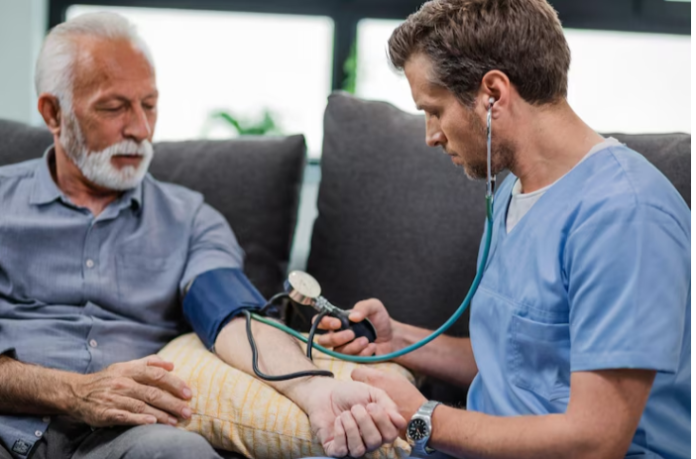The journey from military service to civilian life often brings unique health challenges, both physical and mental, stemming from service experiences.
The Department of Veterans Affairs (VA) acknowledges these sacrifices and offers extensive VA health aid programs providing comprehensive, integrated care. These programs transcend basic medical services, serving as crucial support that dramatically improves veterans’ health outcomes.
By addressing a wide range of needs, from primary care to specialized treatments, VA health aid ensures veterans receive the holistic support they’ve earned, fostering recovery and enhancing their quality of life.
1. Comprehensive and Integrated Medical Care
At the heart of va health aid is its comprehensive medical benefits package. This covers everything from regular checkups with a primary care provider to appointments with specialists in various fields, including cardiology, mental health, and women’s health.
The VA’s integrated system aims to provide seamless coordination of care, ensuring that all aspects of a veteran’s physical and mental well-being are addressed under one umbrella. This integrated approach minimizes fragmentation of care and promotes consistent, high-quality treatment.
2. Specialized Care for Service-Related Conditions
Military service can lead to unique health concerns, such as post-traumatic stress disorder (PTSD), traumatic brain injuries (TBI), and conditions related to exposure to hazardous materials. VA health aid programs are specifically tailored to address these complex needs.
They offer specialized clinics, treatment protocols, and rehabilitation services, often drawing on extensive research to provide cutting-edge care.
This targeted expertise is vital for veterans grappling with the specific health challenges incurred during their service.
3. Mental Health and Substance Use Support
Recognizing the silent battles many veterans face, VA health aid places a significant emphasis on mental health and substance use disorder treatment.
Services include therapy for PTSD, depression, anxiety, grief, and military sexual trauma, alongside comprehensive programs for substance use problems.
The VA also operates the Veterans Crisis Line, a vital 24/7 confidential resource, ensuring immediate support for veterans in distress. This dedicated focus on mental well-being is crucial for overall health improvement.
4. Accessibility and Community Care Options
While the VA has its own extensive network of facilities, it also strives to ensure accessibility through its Community Care Program.
This program allows eligible veterans to receive care from private providers in their local community when VA facilities are not readily available or cannot meet specific needs in a timely manner.
This expansion of access is particularly beneficial for veterans in rural areas or those requiring highly specialized treatments, ensuring that geographic location doesn’t hinder access to essential VA health aid.
5. Long-Term Care and Geriatric Services
As veterans age, their healthcare needs often become more complex. VA health aid programs include robust offerings for long-term care, geriatric services, and home health care. This can encompass assisted living, nursing home care, adult day health care, and respite care for caregivers.
By providing these essential services, the VA supports veterans through all stages of life, ensuring dignity and quality of life even when faced with significant age-related or chronic conditions.

